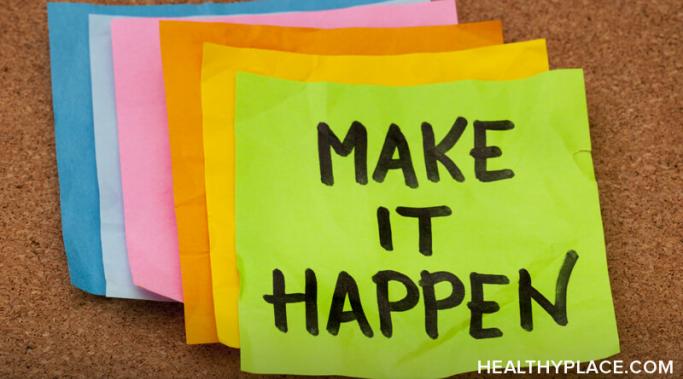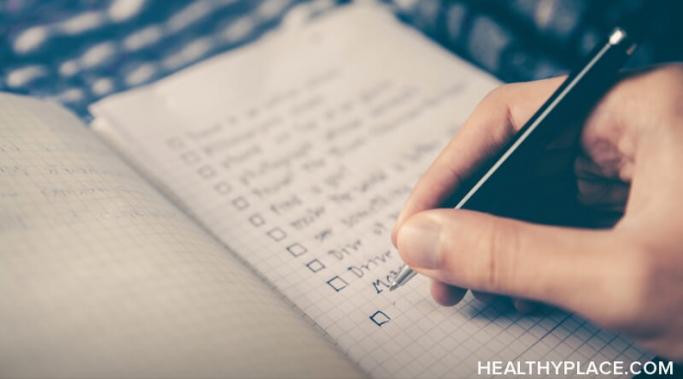In my last blog post, I spoke about how changing the viewpoint I took on my life, and my accomplishments helped to build my self-esteem. Taking a long-term view of my progress over a 10-year period showed that my trend, like that of the stock market, was upwards and to be celebrated. There's another example of changing my viewpoint that helped my self-esteem get stronger that I will share today.
Happiness and Self-Fulfillment
Life eventually taught me that changing my view could help my self-esteem and let me feel better about myself. My self-esteem suffered for many years because my view was focused firmly on the things I didn't accomplish. There was no way to deny that I didn't finish this thing, and never started that thing, and failed to reach my goal at the other. With my mind's telescope pointed only at my disappointments, I could come to no other conclusion than I was not worthy of respect from myself or others.
It's December, and it's the perfect time to plan for the next year by setting resolutions to help you reach all your goals, including building self-esteem. I made my living as a project planner, and today, I want to share my process for looking ahead at the changes I want to make and creating clear and realistic New Year resolutions that can help in the journey to stronger self-esteem.
One effective method of building self-esteem that worked well for me was to build self-esteem through skills. “I can’t do anything right.” It’s a popular refrain of depressive self-talk. I should know. I used to do it all the time. Today, while I’m still not immune to such thoughts, I don’t have them nearly as often as I used to. When they do pop up, I’m much better at telling them to shut up and go away. It all started with just one thing.
Instead of apologizing all the time for the shortcomings you believe make you less worthy, try practicing forgiveness as a method to build your self-esteem. How will practicing forgiveness help your self-esteem grow?
The obligations we feel towards our family can influence our journey to build stronger self-esteem. Our families are the first groups we belong to, and our earliest relationships can have an impact on all the relationships we form throughout our lives. As I continue my quest for healthy self-esteem, I find myself evaluating each of my relationships to see if they support my goal, and family obligations were some of the latest to fall under my scrutiny.
When self-esteem is low, we often think we need to work harder and get more done to be a valued person, but the truth is, your self-esteem will grow when you find the beauty of doing less, not more. When I learned this lesson, nobody suffered from me doing less, and my self-esteem blossomed because I was more likely to successfully fulfill my commitments.
It's important to learn to move on after failure because we aren't going to succeed at everything, and failure can damage our self-esteem. Yet building self-esteem can require us to stretch beyond our limits, even though, sometimes, our efforts may not bring us the results we hope for. When our self-esteem is poor, it's hard to keep ourselves motivated and positive. How do we continue to move forward after failing?
The journey to stronger self-esteem is easier when you make time to set yourself up for success. Even when we face tasks that we are unable to do, we can improve our success rate by thinking ahead about why we failed and what we can change this time to help us win. With proper setup, we can change the outcome and bolster our self-esteem.
Sometimes building stronger self-esteem is about letting go of things that have been with us for much of our life. In addition to adding new skills to our tool kit, it's important to look carefully at the people, things, and attitudes that we carry with us from the past and decide if they are still relevant to who we are today and who we want to be in the future.









